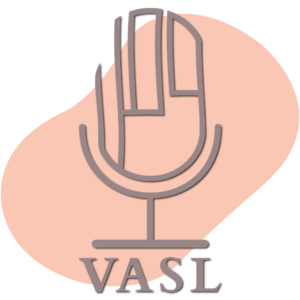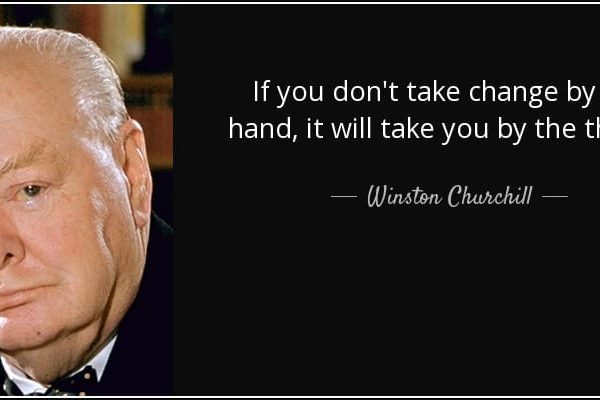Hi there! September is on us and it’s a special one for me as it is my birthday month. And this year I am even more excited because I will get to celebrate it with my daughter. Although, we won’t be able to dine out or do anything fancy but it’s simple moments spent together that matter the most. Today, I’d like to discuss something important related to decision-making, often referred to as the “dirty hands” dilemma. It’s about making difficult decisions where you might feel like you’re in a no-win situation. We tend to think in terms of “either this or that.” However, there’s often a third choice that we overlook. Let’s explore that but first…
Weekly Inventory Check
Since we are at the beginning of a new month, it will be a good practice to list down what you plan to do. Look back at what you achieved in the previous month and what you couldn’t finish. Try to understand why some tasks weren’t completed. Do you want to carry them over to the new month, or are they not as important as you thought? Sometimes, we clutter our to-do lists with tasks that don’t really matter to us, just to feel busy. It’s okay to be selective and ruthless when prioritizing your tasks. If something isn’t adding value, consider letting it go.
Dirty Hands Problem
The “dirty hands problem” is a concept in politics and ethics, suggesting that people in positions of power often face tough decisions that go against their morals. It’s also about times when they have 2 options amongst which both of them are bad and they are forced to pick an option which is less worse. For example, In World War II, Winston Churchill possessed knowledge of the secret German Enigma code but made the deliberate choice not to disclose it to his allies, safeguarding the integrity of their code-breaking endeavors. While this decision did result in unfortunate casualties – about 640 of them, including the sinking of the Australian ship Sydney, it ultimately contributed to the eventual defeat of Germany. Both of the available options were unfavorable, and he had to select the one with the potential for a more favorable outcome.
This concept reminds us that every decision has consequences. While leaders sometimes have only two difficult options, most of us have more choices in our daily lives. We tend to think in binary terms, like “either I do this or that.” But there’s often a third choice. We need to make an effort to find it. For example: you want to lose weight, and you think it’s either eating a lot or not eating at all. But there’s a third option—you can exercise more while still eating reasonably. We tend to overlook this middle ground because we’re used to thinking in a black-and-white manner.
There is also a “first thought” and “second thought concept.” Your first thought is automatic and influenced by your emotions and biases. For example, when someone surprises you, your immediate reaction might be to get angry. But your second thought is where you have control. You can choose how to react after that initial emotional response. Now, apply this to the “dirty hands problem.” When faced with two choices, don’t rush to pick one. That’s your first thought. Take a moment and think, “Is there a third option that I haven’t considered?” This third option might seem mysterious or unfamiliar, but it could turn out to be the best choice. So, remember to look for that third choice in your decisions. It might take a bit of effort, but it can lead to better outcomes.
Want More?
This article defends the possibility of dirty hands against the longstanding skepticism that an action cannot be simultaneously right and wrong and that dirty hands cases are therefore impossible.
This article underscores the importance of avoiding the third option, which is resisting reality, as it only adds to one’s suffering. It encourages readers to adopt a more constructive approach by either changing the situation or accepting it while staying focused on the present moment.
This article explains 5 ways to consider the third choice and how it turns in favor of you.
Read of the Week
While writing about the dirty hands problem, I came across this book Cruelty & Deception: The Problem of Dirty Hands in Politics.
The essays in this book deal with the appropriateness of “dirty hands” in politics, the widely held view that politics is a dirty business and those who engage in it can’t help but get their hands dirty. The book explores the meaning of the term and its implications; whether dirty hands is useful as a description of the way public figures actually behave in crisis and whether it is acceptable as a model for guiding ethical and efficacious conduct.
Thoughts to leave you with
In many situations, we encounter dilemmas with two opposing sides, and we tend to pass judgment on those in power, like Winston Churchill, who made difficult choices during World War II, even if it meant sacrificing lives for the greater good. People in positions of authority are constantly under scrutiny, yet their decision-making is intricate and challenging. When it comes to our own lives, we often simplify choices to “I have no choice” scenarios, like work or no work, indulgence or a strict diet. However, there’s often a third option, a middle path that requires creativity and effort. Remember to explore this third choice when making decisions; it can lead to better solutions.
The Weekly Vasl Podcast
Our Episode on The Future of Technology is out now! You can watch it below! Mudassir and I uncover the Fediverse’s unique approach to uniting individuals through decentralization, delve into the remarkable journey of Semiconductors reshaping the electronic landscape, and analyze how AI’s prowess is enriching our daily tasks with heightened productivity.
We also are on Spotify, Apple, Google, and wherever you listen!


